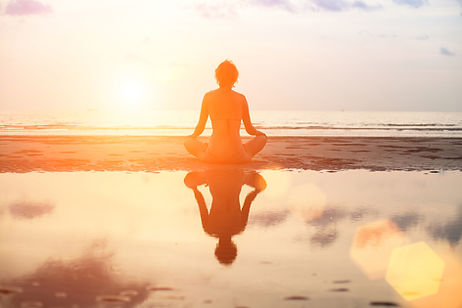
WELLBEING
AND breathe.
How does the environment relate to to my well being?
-
ECO ANXIETY:
Climate awareness and educating oneself are vital for navigating the tumultuous world we live in today. But it is important to recognise the difference between pro-activity and anxiety. We not only have a responsibility to other people but also to ourselves. After all, how can you help others if you yourself feel vulnerable and overwhelmed! A survey by environmental charity Global Action Plan revealed one in three teachers are seeing high levels of climate anxiety in students, while just over three quarters (77%) of students say that thinking about climate change makes them anxious.
2. TECHNOLOGY USE:
Following lots of news outlets and environmentalists is an incredible way to gain information about how the world is coping environmentally. You can see brilliant facts and statistics, documentaries and photographs all displaying vital information. But it can also be a one-stop ride to Climate Anxiety Station. Social media is designed to keep you in there. The more you look at frightening photos, the more your Instagram and Facebook generate that kind of content to fill your feed. They are not trying to educate you, they are trying to keep you plugged in, interacting with posts and generally using your fear to make you stay online longer.
3. FEELINGS OF ISOLATION:
Despite constantly receiving an influx of information from all sorts of different people, one of the biggest emotions that climate anxiety can leave you with is feeling isolated. You might feel as though people around you aren't understanding the severity of the crisis and it can be maddening to see a “what will be will be” attitude when you are trying to fight a feeling of helplessness.
4. LIFESTYLE GUILT:
Similar with trips to the supermarket, once you've had the environmental ‘epiphany’ it’s very easy to look at your millennial capitalist lifestyle and slightly hate yourself. But this is not your fault! You’ve been told your whole life that this is how society values you aka through money, fashion, materialism etc. So instead of throwing away everything and moving to the mountains, just bring some more awareness into your everyday life.
5. HOPELESSNESS VS. HOPE:
When your mental health is low it can feel completely incapacitating. Normal life seems a lot harder and motivation feels like a distant memory. Therefore, when delving into the world of environmental justice and climate change, it is vitally important to look after yourself and those around you. The greatest thing to remember is that in the face of such large adversity, every little change matters.
Healthy ways to combat these:
-
Follow news channels who offer a wide range of opinions and avoid doom and gloom click bait: The New York Times Digital Subscription is currently €0.75 a week and allows you to shape what kind of articles you see. You can also follow pages on social media such as @little_eco_choices and @goodgoodgoodco.
-
Community is your friend. Reach out to local environmental groups, like Conscious Change! We're a group of eco-anxious individuals just like you and run a variety of workshops and socials so there's always something to get involved with and talk through any sustainable stress you have.
-
Don’t feel embarrassed to express your opinions on climate change in person and on social media. Doing this will bring like-minded people out of the woodwork who are also looking for someone to talk to.
-
To avoid being overwhelmed, making small lifestyle changes is a good place to start. It can sometimes be frustrating when you do something like make a dietary change and your family doesn't understand why it’s important to you. Instead of trying to make everyone convert to your diet, suggest a small change your household can make eg. Meat for only one meal a day or having vegan meals a couple of days a week.
-
If you’re busy but don’t feel like you’re doing enough then podcasts can be a way forward! The joy of podcasts is that they give you the opportunity to learn about environmental topics in a less intimidating and accessible way. They offer variety, with not one politically motivated stand and also don’t ambush you with information. We would recommend: How to Save the World, Sustainababble and BBC Earth.






